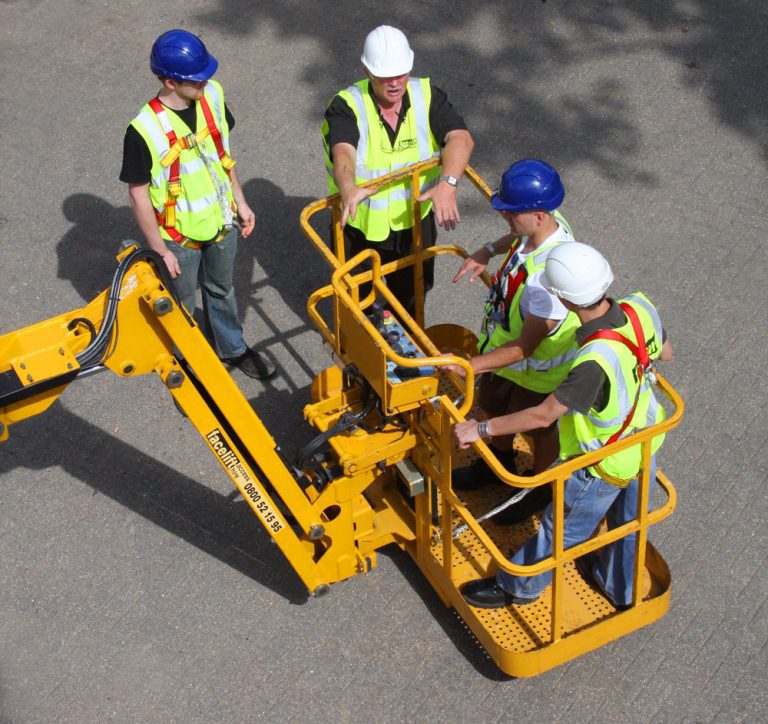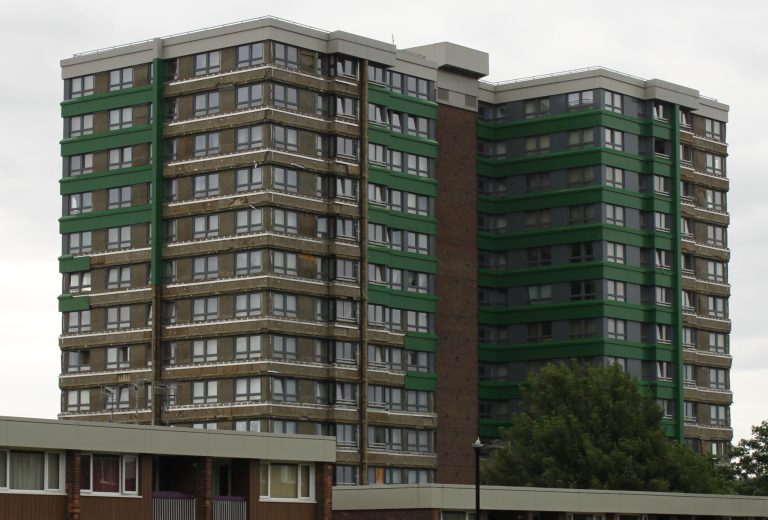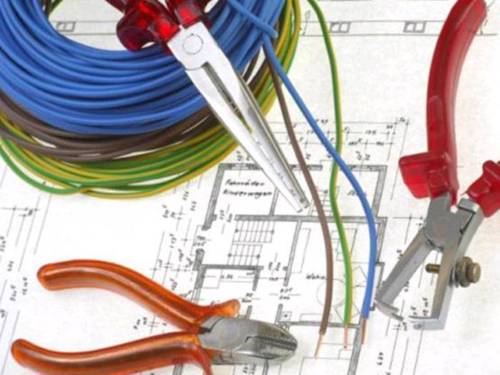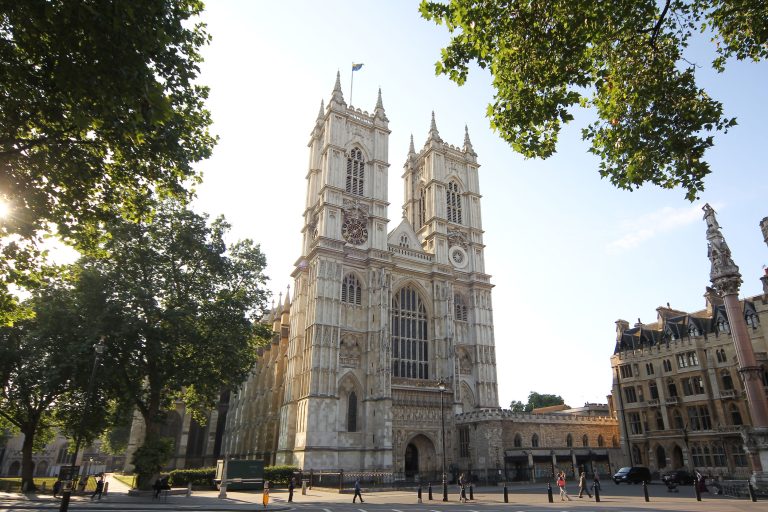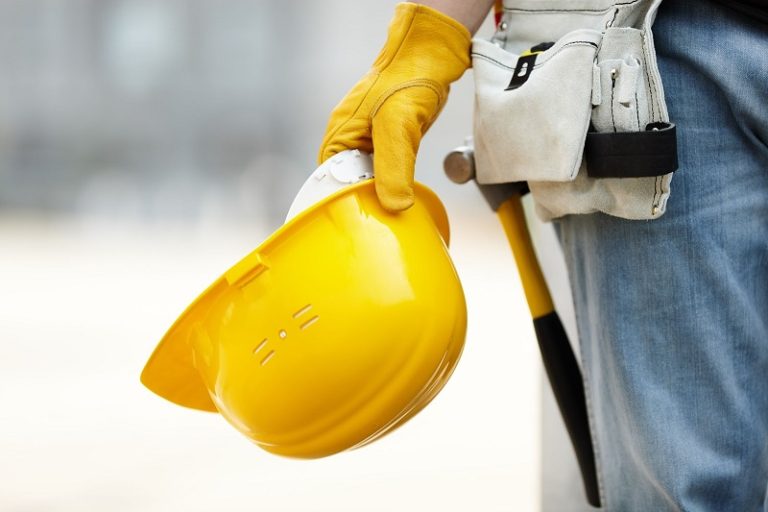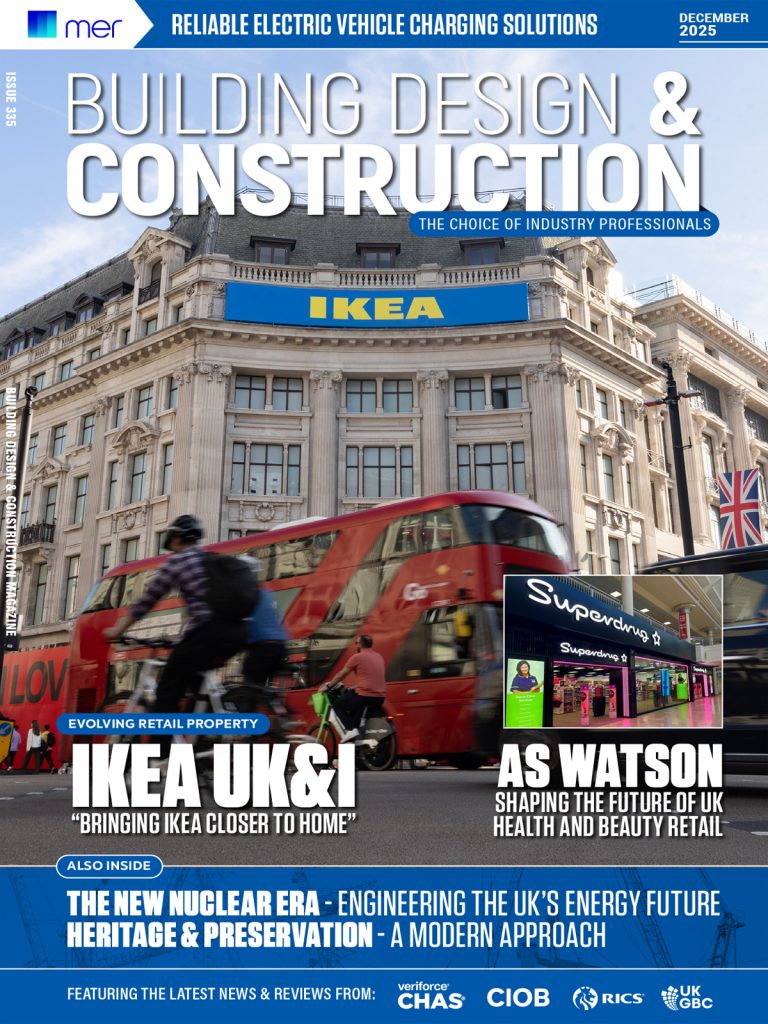Bureau Veritas has launched Circular+, a new approach to sustainability, built on a comprehensive suite of services to help companies transition to a circular business model. The launch comes at a time where sustainability is at a turning point, with governments and businesses around the world seeking ways to meet commitments to preserve scarce resources, combat climate change, and reduce pollution. Earlier this year, the UK government continued to lead the march on climate change, becoming the first major economy to set out new legislation designed to reduce emissions to net zero by 2050. Meanwhile, for years, businesses have focused on managing environmental impacts: today, they are looking to go beyond that to meet future regulatory requirements and exceed customer expectations. For many, this means evolving towards a circular economy model – a regenerative business model in which resources are continuously reused and recycled. “Public awareness of the threats posed by climate change has grown dramatically in recent years, and governments and companies are increasingly focusing on reducing energy use, resource consumption and waste generation along the product or service life-cycle”, said Sébastien Fox, Vice-President Certification at Bureau Veritas. Many are turning towards a more circular business model to understand and optimise their use of energy, as well as natural resources such as wood, metals and minerals. However, the circular economy is disruptive: it requires businesses to rethink their existing linear business models which generate waste at each stage of production and consumption, and demands new skills for product and process design. It can be challenging to adopt, particularly for large companies in traditional industries. As a global leader in environmental and sustainability certification, Bureau Veritas is now supporting organisations of all sizes with its suite of sustainability advisory, training, auditing and certification services. Ours is a powerful, customisable, standards-based approach that works for all businesses and achieves buy-in from employees and clients alike. Bureau Veritas’ Circular+ services provide organisations worldwide with a practical framework to rethink their processes step-by-step. “Circular+ is a holistic approach that offers process audit and management system services to help organisations manage both their environmental and social impacts,” explained Sébastien Fox. “A range of advisory, training, independent verification and certification products enable businesses to tackle both individual processes and entire business models at a customised speed, revealing supply chain issues and improving transparency. Audits provide a way to identify issues, report on the effectiveness of controls, and track the achievement of objectives over time.” The ISO 14001:2015 standard for environmental management systems is central to the Circular+ approach; it encourages a lifecycle view of products and services, and provides a framework for addressing impacts. Bureau Veritas is also supporting clients on energy management via training, audits and certification to ISO 50001. Risks relating to raw materials are addressed through dedicated schemes, for example FSC and PEFC for wood-based products, or ASI for aluminium. Companies today also face a number of social concerns: two of the most important being health and safety and ensuring the use of ethical labour practices throughout the supply chain. To accompany clients in these areas, Bureau Veritas offers accredited certification the new ISO 45001:2018 standard for health and safety management, can conduct ethical trade audits (SMETA), and delivers social accountability (SA8000®) certification. For more information on Circular+, to download a copy of the whitepaper, please click here: https://www.bureauveritas.co.uk/sustainability-services/circular-economy Alternatively, please call 0345 600 1828 or visit www.bureauveritas.co.uk



